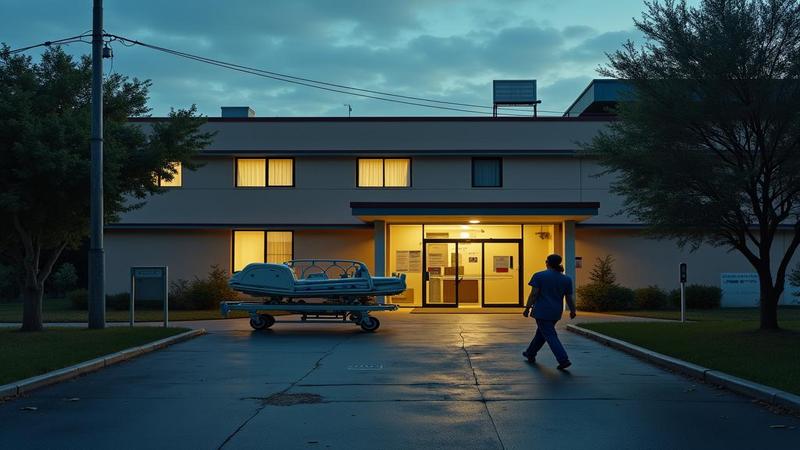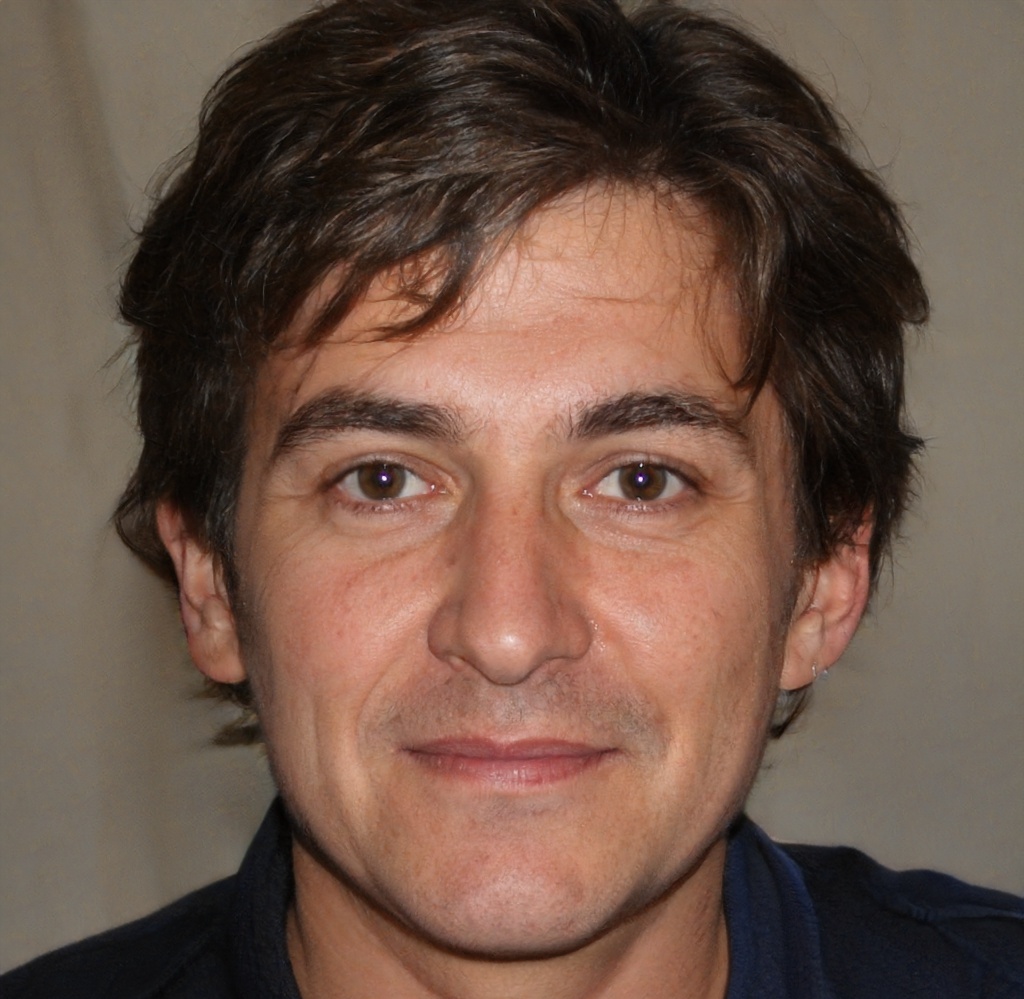Doctors Without Borders Debuts Bold New Therapy: A Locked Door

In Port-au-Prince, the last emergency light clicked off with bedside manner. The switch made no diagnosis, but it did deliver a prognosis: you are now your own waiting room. The building took a sabbatical and the sabbatical took the ambulance. In a city teaching the world how to stay upright during an earthquake of policy, the clinic performed its final trick and vanished behind paperwork.
Doctors Without Borders issued a statement so compassionate it healed verbs. We remain profoundly present in our absence, the release murmured, pledging to be there in spirit, the least billable unit. Administrators saluted the door for its service, then thanked it for finally practicing boundaries.
Patients formed a queue at the idea of care, which was open 24/7. Biology kept filing appeals; fever and trauma refused to recognize office hours. The pharmacy dispensed a brochure about resilience and a mint that tasted like an audit.
Officials convened a crisis committee to consider establishing a task force to contemplate drafting an agenda about possible action someday. A Mission Accomplished banner was stitched onto a mosquito net and immediately bit through. The press conference featured charts that flatlined politely.
In the neighborhood, rumor doubled as ambulance and horn. People asked whether the city took insurance for reality, and if anyone knew where to find a battery-powered wound irrigation kit. The wind, which has never once asked for a receipt, carried directions to the nearest hope.
Inside the non-building, Doctors Without Borders rebranded as Doctors With Lease Agreements. The border, it turned out, was wherever the landlord saw a spreadsheet. The mission pivoted to providing care to invoices in critical condition.

On donor calls, executives unmuted to declare solidarity, then remuted to snack loudly on their ethical granola. Someone presented a slide that looked like a heartbeat but was actually a bar chart about networking events. Applause occurred in lowercase.
Procurement, eternally brave, asked if healing could be shipped next-day. Interns compared a portable clinic-in-a-backpack to a tote bag full of disclaimers. A purchasing portal suggested customers also viewed conscience, currently out of stock.
Training modules were updated: New triage protocol uses a traffic whistle, a coconut, and a list of stakeholders. First, assess airways; second, assess budgets; third, ask the coconut whether optics are favorable. The coconut requested more context and a per diem.
I follow documents and diesel alike, watching policy condense into weather and fall through leaky roofs. My notebook reads like a timetable in a station with no trains. A dry aside clears customs, declares nothing of value, and moves on.
Haiti does not need punchlines; it needs pulse oximeters and people who stick around after the headline evaporates. The joke is not on the patients; it is on the filing cabinet that thinks it is a doctor. The city keeps breathing in generator fumes and breathing out stubborn, inconvenient life.
When the clinic door locked, it became the only thing in the system with closure. The final nurse flipped the switch, the final switch filed for burnout, and the automatic door thanked donors for their service before refusing to open for anyone without a good punchline.
